|
I absolutely love to read. A book is a window into another time and place, another person's mind, another way of seeing and thinking. Books teach me what it can mean to be human, but also what it might be like to be a robot or a microbe. Looking back, for me this was a year about truth, or rather the idea of truth: What I think is right, what I want to think is right, where that view comes from and why it may be flawed. Books that made it onto the list include ones about bullshit, the history of truth, the human obsession with our own meaning, and how our identity changes depending on the situation. Here are nine books I read this year that changed the way I think. On Bullshit by Harry G. Frankfurt Let's start with this little philosophical essay. The title is funny, and it seems like this book is going to be a gag, some clever insights about what it is to talk 'bullshit.' But this essay is something else entirely: A serious philosophical inquiry into the nature of bullshit. What is it? How does it differ from lying or ignorance or nonsense? Frankfurt concludes that a bullshiter simply has no regard for the truth. He does not care if he is right, wrong, true or false. He is only interested in getting a desired reaction at that moment. Bullshit "is grounded neither in a belief that it is true nor, as a lie must be, in a belief that it is not true. It is just this lack of connection to a concern with truth — this indifference to how things really are" that is the essence of bullshit. This revelation is shocking: a liar has regard for the truth. He just decides to state something that he knows is untrue, called a lie. But a bullshitter doesn't relate his statements to the truth at all. Classical Indian Philosophy by Peter Adamson & Jonardon Ganeri I am always on the lookout for clear explanations of history and philosophy, two topics which are infinitely complex and can easily devolve into self-referential terminology and nonsense. So I was pleasantly surprised to find this volume about Classical Indian Philosophy which is a well-balanced combination of deep and accessible. It begins with the Veda and Upanishads, effortlessly explaining the salient overarching points of these vast and layered eras. It glides through the big philosophical movements in Indian thought, including theism, non-violence, yoga and Buddhism. My favorite part of the book was the middle section, which digs into the philosophical developments of the middle-era Buddhists and Jains. These groups were highly philosophical, and I haven't seen such a lucid overview in any other volume. For example, there is a short chapter explaining Nagarjuna's "Tetralemma", a four-pronged logical negation that is usually off-putting in its detail. The explanation here is illuminating, including this passage about the dual possibilities of the phrase, "Don't slaughter a goat." It "might mean that you should slaughter a non-goat. Here the noun ('goat') is negated: you should indeed slaughter something, perhaps a cow or chicken, just not a goat. Or the verb ('slaughter') might be negated: the instruction would tell you to refrain from any sacrificial act at all." This book's short chapters and vast overarching scope make it a good reference to dive into according to your interest. Demon Copperhead by Barbara Kingsolver This novel needs no promotion since it has won prestigious awards and been a bestseller. I finally picked it up, and the first sentence assured me that I was in the hands of a master. The story is of a boy in Appalachia, his exploits and struggles. The basis of the story owes a lot to David Copperfield, but the first person voice of the narrative is gripping from the first word to the last. The Horrors and Absurdities of Religion by Arthur Schopenhauer This year I have often come across the work of Schopenhauer, a European philosopher who was greatly influenced by the Upanishads and Buddhism, and in turn affected modern yogis like Yogananda. So when I stumbled across this little book in a bookstore I had to read it. The title is certainly provocative, but he won me over pretty quickly on the first page with this statement: “What I respect is truth, therefore I can’t respect what opposes truth. Just as the jurist’s motto is…Let Justice be done though the world perish, so my motto is…Let truth prosper though the world perish.” What follows is a strong critique of religion which bears all the hallmarks of 19th century enlightenment thought and orientalism. Some of his arguments require a grain of salt, but what philosopher doesn’t? Schopenhauer does put his finger on one element with remarkable clarity: man’s need for greater meaning, what he calls the ‘metaphysical need.’ “Man is an animal metaphysicum, that is, his metaphysical need is more urgent than any other; he thus conceives life above all according to its metaphysical meaning and wants to see everything in light of that.” All in all, a challenging and thought provoking read. The Physiology of Yoga by Andrew McGonigle and Matthew Huy Most of the time I am torn between the opinion that there are more than enough books about yoga anatomy — perhaps too many — and the opposite view that we could really use some new ones with clear sources and explanations. This book, which is new this year, is a brilliant addition to the field. What makes this book special is its combination of citing scientific evidence and awareness of traditions and rumors in the yoga world. My favorite parts of this volume are the "Myth or Fact" inserts that address common beliefs among yoga teachers and students: that Headstand brings more blood to the brain; that Shoulderstand stimulates the thyroid gland; that twists detoxify the organs. The authors discuss any studies that have been done on the topic and what conclusions we can draw. Often there are no studies, so we are left to rely upon our other knowledge of anatomical and physiological function. McGonigle and Huy excel here, where they illuminate the amount of speculation as well as point us to more probable scientific explanations. Truth by Felipe Fernandez-Armesto A book about the history of truth?! This must have been written just for me! There are few things I love more than history and explorations of complex ideas. But this book is not exactly what I expected. I imagined a sort of explanation of how truth came to be so important and how it developed its signature qualities. But this is much, much more, digging into different conceptions of truth through time and culture. Fernandez-Armesto breaks the types of truth into four groups. Who would have thought there may be four kinds of truth?! Throughout the volume, I came to realize that the conception of truth itself is not terribly specific; that it depends on what we think it is. I suppose that shouldn't be surprising — I went into the book with one simple idea and came out with a far more complex view. The Sarva Darsana Samgraha by Madhava Acharya This volume is more specific to my interest in the history of yoga and philosophy. The best-known system of Indian philosophical systems has 6 members, the six orthodox darshanas. But there are many other ways of thinking, and even well-developed and influential systems that are not included on this list. This book, the Sarva-Darsana-Samgraha or Compendium of All the Systems, lists and explains 16 different spiritual-philosophical viewpoints. It contains all the familiar orthodox systems, like Samkhya and Yoga. But it also includes Buddhism, Jainism and strict materialism, among many others. Each chapter digs into some granular details of perception, knowledge and being. This is a book for those rare individuals who are interested in the somewhat arcane study of Indian philosophical history, as well as those who can tolerate minute philosophical debate and old uses of language. A difficult book to read and comprehend, but an eye-opener one for me this year. Selfless by Brian Lowery I stumbled across this book while wandering through a bookstore. Its title is compelling and in direct conversation with Vedantic and yogic concepts of an eternal, unchanging Self. The thesis here is that we have no single self, that our identity is constructed according to our surroundings: "Your self is constructed and reconstructed in a swirl of ever-evolving relationships." These relationships include family, work, politics, nation, and an infinite number of variations. There is a reason that I act differently around a three year old than a 50 year old; I act differently around my significant other than my boss. Selfless argues that we are actually a different person in each situation, because part of what defines us is who we are around, and what we are trying to accomplish. This book also explores the ideas of history, tradition and community. Often we adopt certain "selves" to create connection and continuity to the past or groups of people we admire. For me, it shone a lot of light on why we defend our identities and communities when they are destabilized. This book was one of my favorites of the year. Straw Dogs by John Gray
This was my favorite book of the year, and one of the best books I've ever read. It combines mind-blowing ideas with a sharp reading of history, religion and science, and it is incredibly readable. The pages fly by. On nearly every page I was gobsmacked by some revelation, some shocking idea that was as bold as it was clear. There is the idea that 'truth' is not something that serves humanity's evolution; there is no evolutionary advantage to knowing the truth. (This is of course interesting to compare to the book Truth above, and clearly something that was on my mind this year.) Gray writes, "Modern humanism is the faith that through science humankind can know the truth — and so be free. But if Darwin's theory of natural selection is true this is impossible. The human mind serves evolutionary success, not truth. To think otherwise is to resurrect the pre-Darwinian error that humans are different from other animals." Here you see the way that Gray's book dismantles ideas of scientific humanism, even arguing that the science and logic we revere only serves to undermine our vision of ourselves as a special, chosen species. The volume is full of challenging ideas like this, unafraid of poking holes in even the most sacred of concepts. I admire its clear-eyed audacity, like the boy who shouts that "the emperor has no clothes!"
0 Comments
Leave a Reply. |
AUTHORSScott & Ida are Yoga Acharyas (Masters of Yoga). They are scholars as well as practitioners of yogic postures, breath control and meditation. They are the head teachers of Ghosh Yoga.
POPULAR- The 113 Postures of Ghosh Yoga
- Make the Hamstrings Strong, Not Long - Understanding Chair Posture - Lock the Knee History - It Doesn't Matter If Your Head Is On Your Knee - Bow Pose (Dhanurasana) - 5 Reasons To Backbend - Origins of Standing Bow - The Traditional Yoga In Bikram's Class - What About the Women?! - Through Bishnu's Eyes - Why Teaching Is Not a Personal Practice Categories
All
Archives
May 2024
|

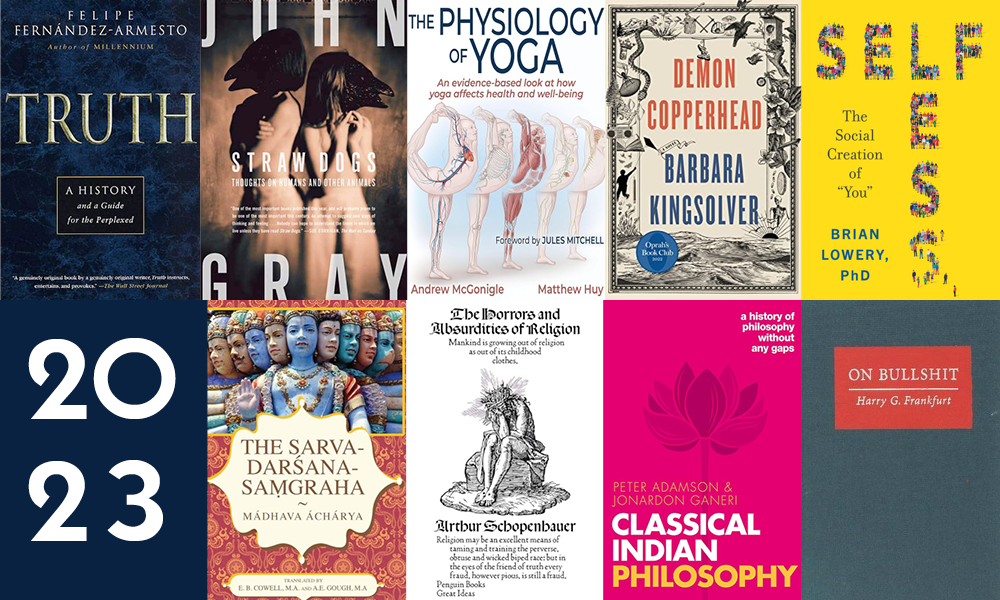
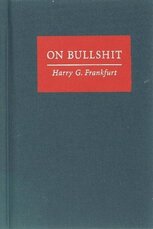
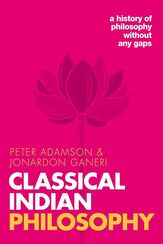
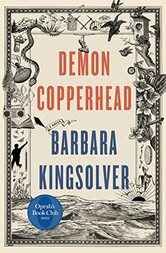
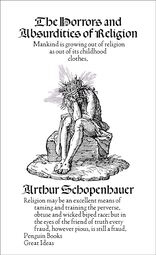
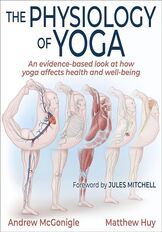
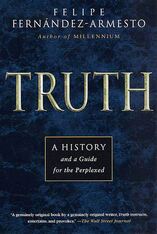
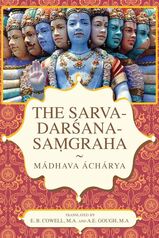
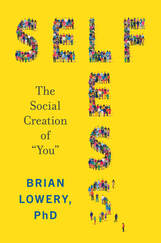
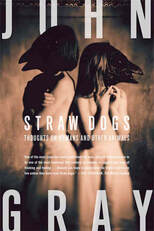
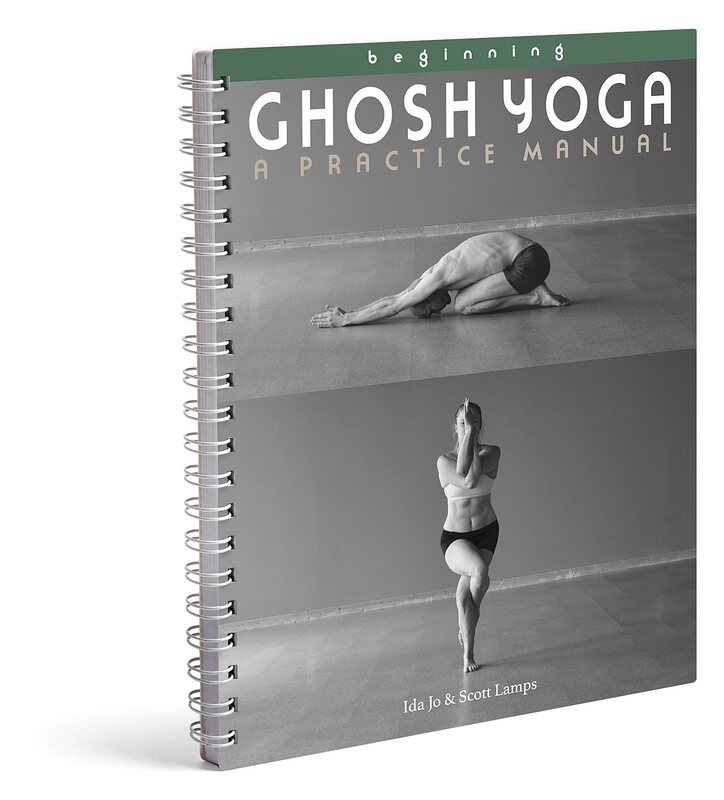
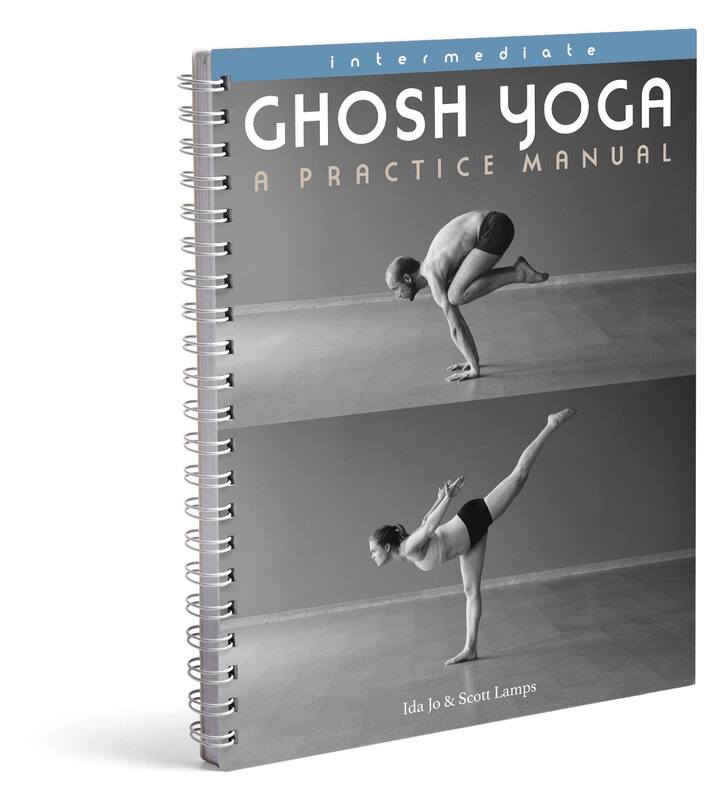
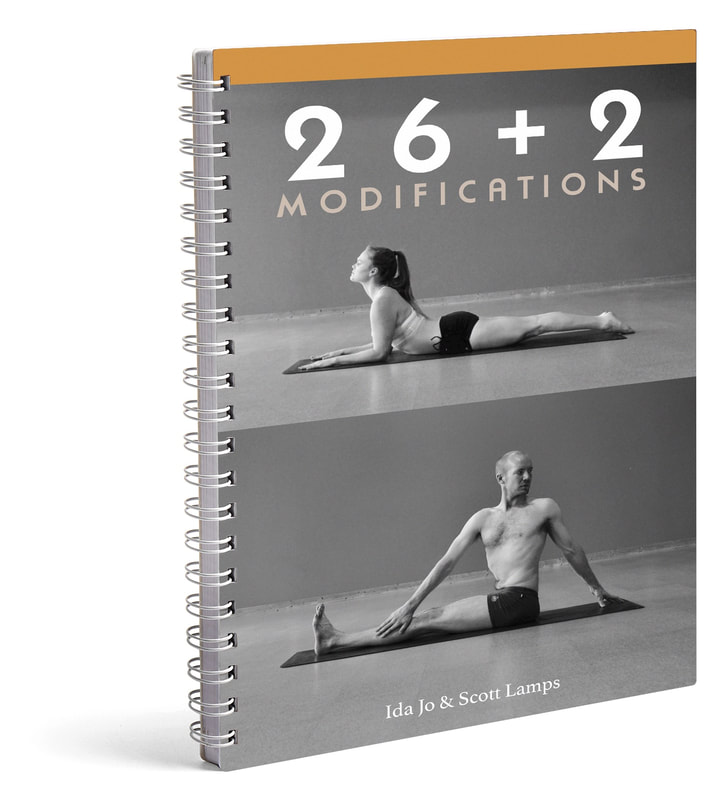

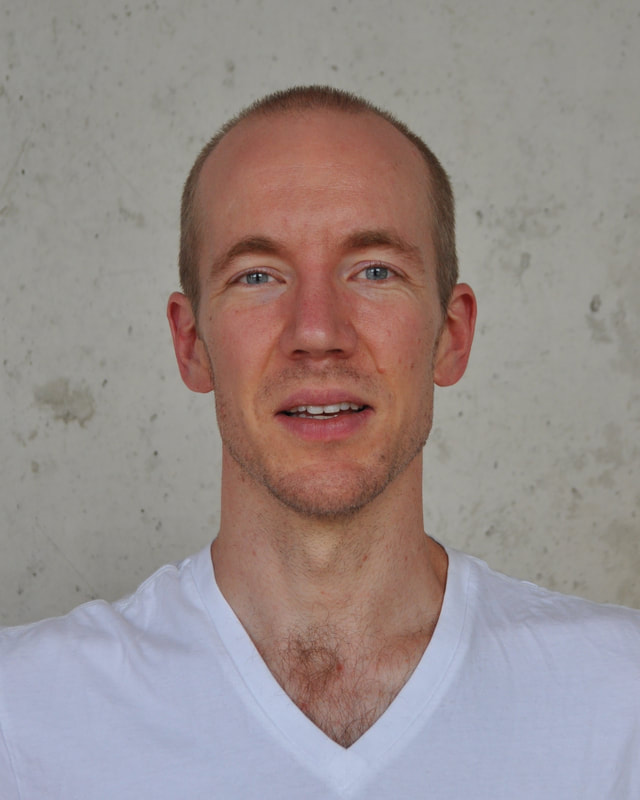
 RSS Feed
RSS Feed